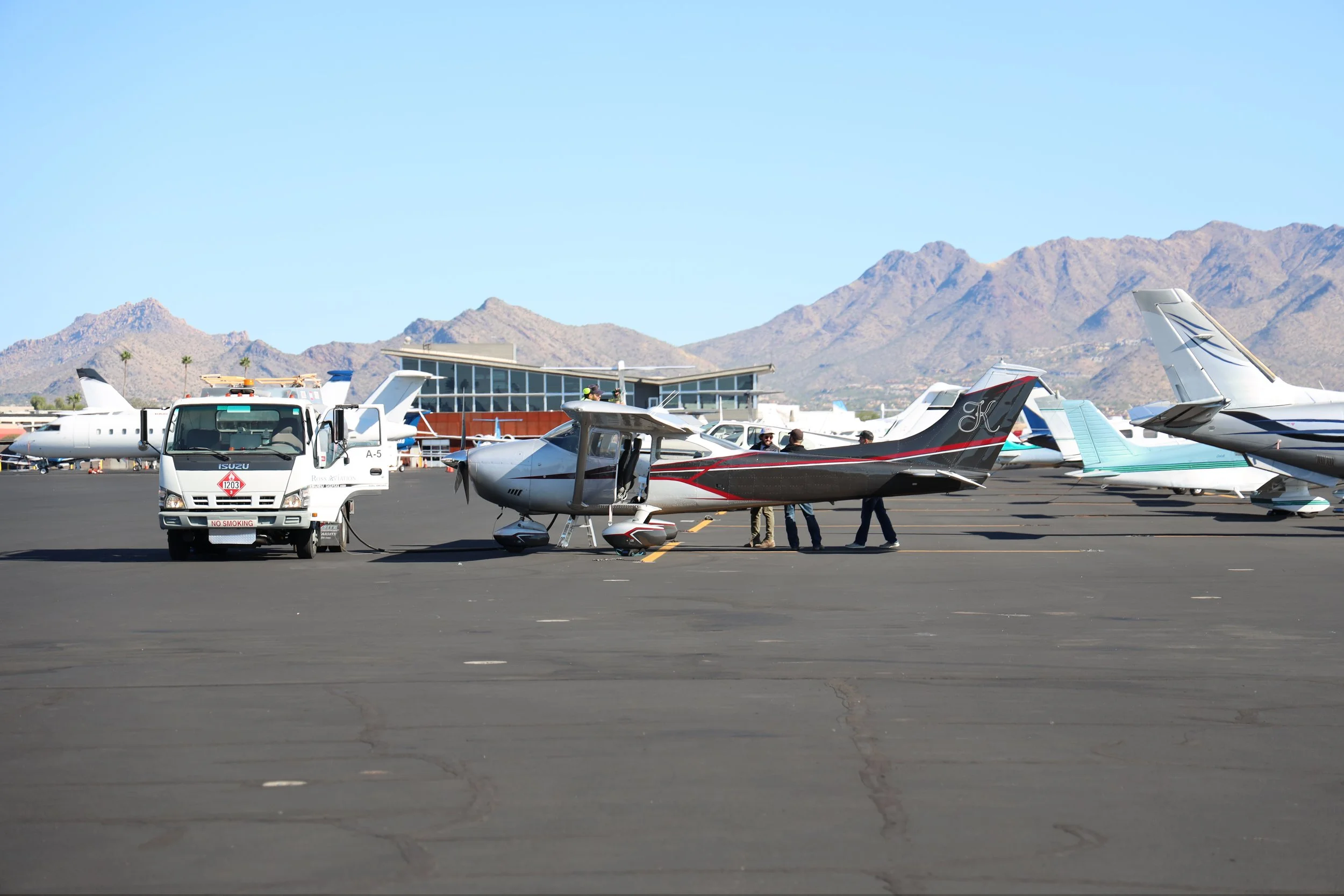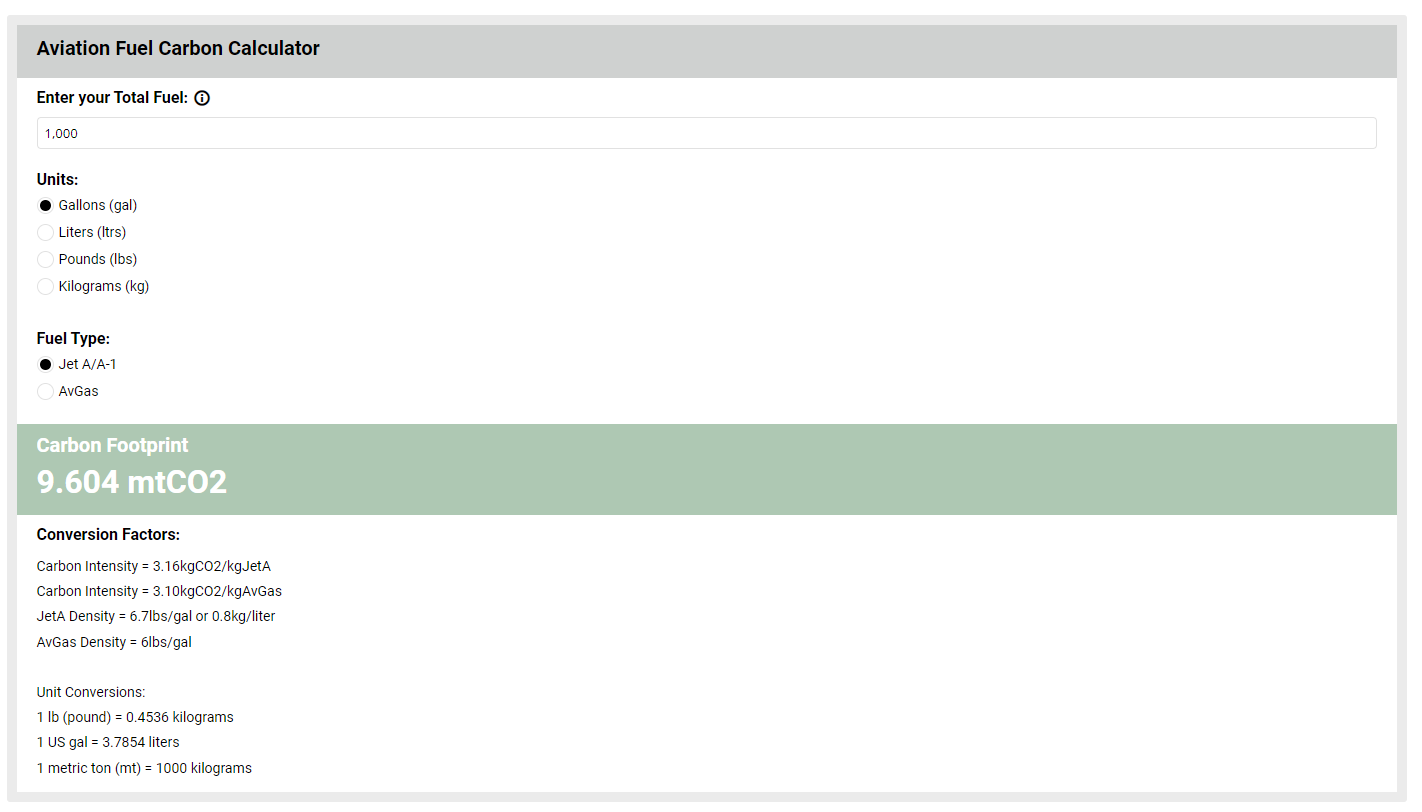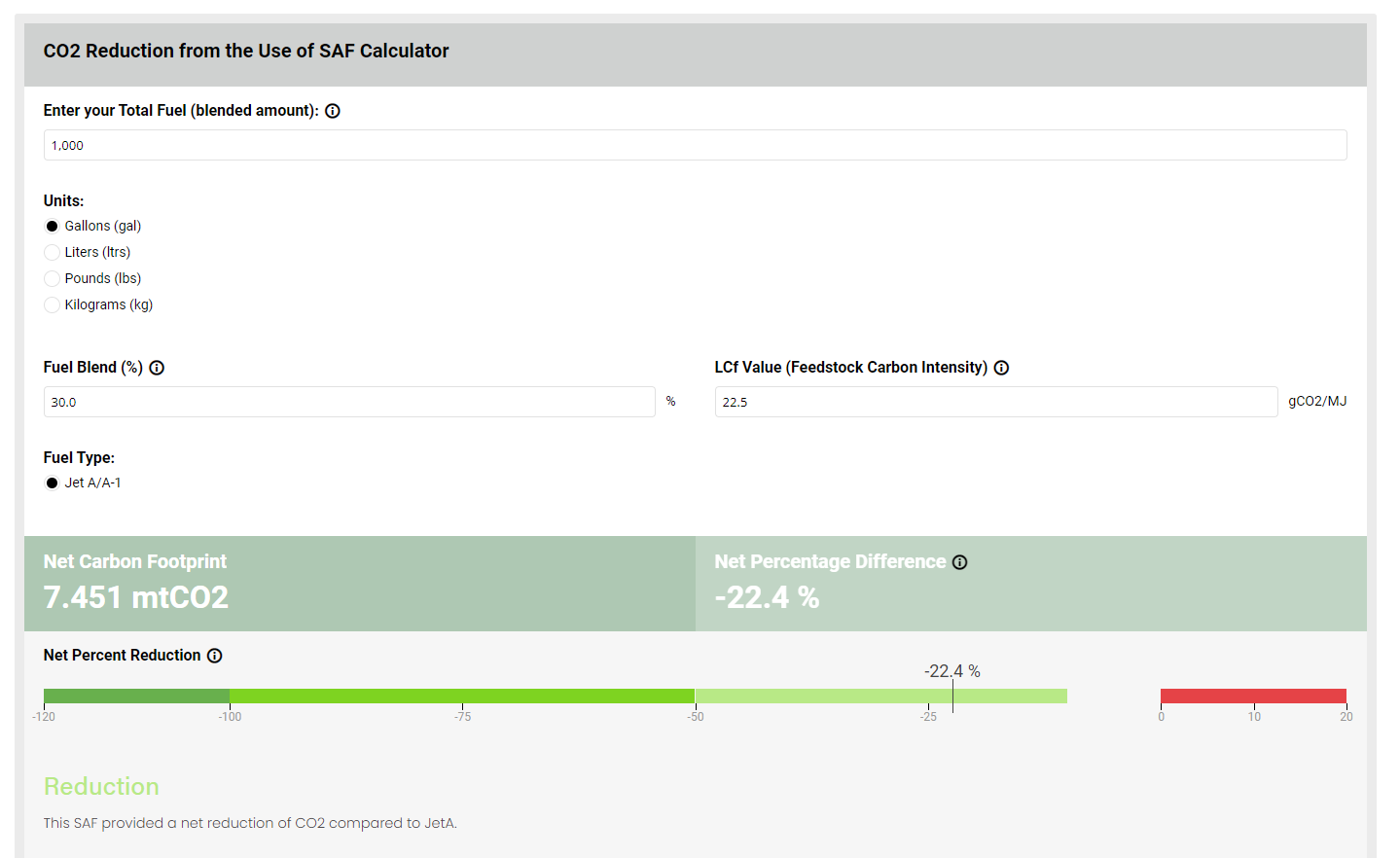
Learning Center
Interested in learning more about sustainability in aviation? See our collection of white papers and industry resources below.
4AIR Whitepapers
The new federal spending bill brings big changes to SAF credits, hydrogen incentives, and aircraft tax deductions. Learn how policy can turn into practical sustainability gains.
France updated its Aviation Solidarity Tax, introducing higher rates and a new structure that significantly impacts business aviation operators. 4AIR breaks down the tax structure, applicability, and what operators need to know about rates, reporting, and compliance. Key updates include new service categories, distance bands, and potential future SAF-related incentives.
ReFuelEU is a significant new regulation mandating the use of SAF in Europe starting in 2025. This paper explores its complexities, including the Environmental Labelling Scheme, and outlines what operators need to know about the regulation's impact, from implementation timelines to compliance requirements and potential penalties.
A comprehensive overview of the key policy developments shaping aviation decarbonization in 2025, with a focus on SAF and emerging state and federal regulations in the US and abroad. 4AIR provides actionable insights for business aviation operators to navigate these changes, ensure compliance, and capitalize on opportunities to lead in sustainability.
4AIR explores the rapidly evolving world of electric aviation, focusing on the transformative potential of innovations in battery technology and strategic partnerships. The paper highlights interim solutions, the need for airports and FBOs to adapt their infrastructure, and the critical importance of investing now to achieve the aviation industry's 2050 net-zero goals.
In part two of our examination of the SAF lifecycle analysis, we cover production concepts and the methodologies used to calculate emission reductions earlier in the chain of custody. This involves understanding a basic overview of various elements and specific approaches used to quantify the reduction in greenhouse gas emissions at different stages of the SAF production process.
The Lifecycle Analysis (LCA) is a comprehensive technique that estimates the environmental impact of a product, material, or service throughout its entire lifetime, including factors such as feedstock origin, electricity usage, supply chain distance, and production method, in order to determine the greenhouse gas emissions and carbon intensity of the fuel, known as "Well-to-Wake" (WTW) emissions.
4AIR explores the use of leveraging multiple incentives to reduce the green premium of SAF, emphasizing the role of policy incentives in driving down the cost disparity between SAF and conventional JetA.
4AIR conducted a first-of-its-kind study on business aviation's impact on non-CO2 emissions, focusing on contrails and NOx, revealing that a majority of contrail emissions and warming impact stemmed from a smaller subset of flights, utilizing data from 16,888 flights.
Learn more about the concept of book and claim in the context of SAF procurement and how it compares to other chain of custody models.
Where do power-to-liquid (PtL) fuels fit into our understanding of SAF and what opportunity does the fuel represent to aviation decarbonization?
You can’t manage what isn’t measured. Measuring emissions is the first step in developing a defensible strategy for addressing the carbon footprint of any organization, including a corporate flight department.
To be truly climate neutral and reduce the complete impact aviation, the industry must comprehensively consider its entire footprint. Contrails and non-CO2 emissions make up to 2/3rds of aviation’s warming impact.
While the SEC is far from the first to propose regulated climate disclosures, it is demonstrating a sweeping and quick introduction of new climate change disclosure requirements, under which some entities will need to comply as soon as March of 2024.
As efforts to mitigate and curb emissions resulting from aviation continue to ramp up, there is an increasing focus towards addressing the high carbon dioxide (CO2) levels that are already in the atmosphere, as well as future residual emissions.
A rise of false or exaggerated environmental claims has led to strict guidance and regulation on marketing sustainability claims. It is important to be thoughtful and particular with any marketing claims related to sustainability achievements.
The benefits to CDOs are significant. For each group of CDOs used at an airport, the FAA estimates that operators save an average of 2 million gallons of fuel and eliminate 40 million pounds of emissions annually. And with the increased efficiency comes a reduced noise footprint, a more comfortable passenger experience, and potential increases in safety.
While the Middle East is known for its abundant reserves of fossil fuels, the Middle East and North Africa (MENA) contains a significant opportunity for sustainable aviation fuel (SAF), and many participants are leading the way to diversify its energy mix and reduce carbon emissions.
Developing a comprehensive and defensible sustainability program that addresses either voluntary or regulatory commitments is quickly moving to a must-have for many flight departments and aircraft operators around the world. The two most common tools found in the arsenal to address climate change, industry goals, and regulatory obligations are Sustainable Aviation Fuel (SAF) and carbon credits.
ESG, or Environmental, Social, Governance, is a set of standards for a company’s operating behavior used by employees, lenders, customers, insurance providers, and regulators to evaluate a company’s good stewardship in society.
CORSIA, or Carbon Offsetting and Reduction Scheme for International Aviation, is expected to provide around $40 billion in funding for climate projects worldwide.
Emissions trading schemes (ETS) and carbon markets are complex systems. They are made no less complicated by the fact that many businesses operate across borders where different schemes may be in place.
When engaging the carbon markets, it is vital to understand how to distinguish a true verified carbon offset from similarly named products that might appear to be the same thing.
Not quite. The first thing to understand is that unleaded (UL) avgas is not technically a form of “sustainable aviation fuel”. While unleaded avgas is more environmentally-friendly, SAF has important sourcing and carbon-reduction requirements that unleaded avgas does not meet.
Between similar sounding terms like carbon offsets, carbon credits, carbon allowances, carbon permits and more, there can be much confusion about the different terms and which ones can be used interchangeably.
Interested in where you can find Sustainable Aviation Fuel?
As sustainable aviation fuel becomes more and more readily available, it can be confusing where physical supply exists for business aviation customers. Visit 4AIR’s map for SAF - a verified listing of airports with sustainable fuel inventory specifically designed with business and general aviation users in mind.
SAF Map
Other Tools
Access our suite of free tools via the links below:
Missed a 4AIR Newsletter?
You can find the last 12 months of 4AIR Newsletters here. Don’t miss future newsletters, sign up today!
Third-Party Resources
With growing interest in sustainability, there are number of valuable aids produced by other sources that can assist you with learning more about sustainability. 4AIR has curated a list of the top industry guides and resources here.
Google’s Contrails Explorer
The Contrails Explorer visualizes cloud cover using satellite imagery (GOES-16) over the contiguous United States and applies Google’s contrail detection model to display, in near real-time, where a contrail likely formed.
Reviate by Breakthrough Energy - Contrail Map
This map models where contrails are likely to have formed during a flight, how long the contrail was, and their impact on the climate (warming/cooling). Users can adjust the timeline on the map to see where contrails migrated to after formation.
The Boeing Cascade Climate Impact Model
These tools allow users to customize strategies by introducing different tactics to offset or reduce their CO2 equivalent emissions. The forecast scenario depicts the downstream impacts that a strategy can have through 2050.
GAMA & IBAC Joint Position on Business Aviation Tackling Climate Change
This document provides a succinct summary of private aviation’s footprint, it’s strong track record of efficiency improvements, and its commitment to meet goals set out by ICAO. Learn about the private aviation’s own commitment to sustainability goals in this position document from the General Aviation Manufacturer’s Association and the International Business Aviation Council.
Hydrogen | A Future Fuel for Aviation?
This 2020 analysis from Roland Berger provides an excellent deep-dive into the different hydrogen propulsion methods available to aviation and how each could fit into the overall propulsion landscape in the long-term. The report clearly portrays the differences against jet fuel and provides a more holistic view into the benefits, challenges, and opportunities for hydrogen.
Fact Sheet: The Growth in Greenhouse Gas Emissions from Commercial Aviation
Learn about the projected growth of emissions in commercial aviation as well as more about the effects of non-CO2 emissions through this fact sheet produced by the Environmental and Energy Study Institute (EESI).
Aviation Guide to SAF
The production and characteristics of Sustainable Aviation Fuel (SAF) is a new topic for many in aviation. Learn about where it comes from (its feedstocks), who the main producers are, and how it is produced, tested, and validated in this industry guide from The Business Aviation Coalition for Sustainable Aviation Fuel.
The contribution of global aviation to anthropogenic climate forcing for 2000 to 2018
For those with a more technical interest in the research behind the effects of non-CO2 emissions, this research report provides a very in-depth analysis of those impacts and their conversion to CO2-equivalents in a peer-reviewed scientific journal.
ATAG Beginner’s Guide to Aviation Efficiencies
This guide provides a great deep dive into the different operational and incremental opportunities for aviation efficiencies from engine enhancements, weight reductions, improved flight planning and other infrastructure improvements.



































